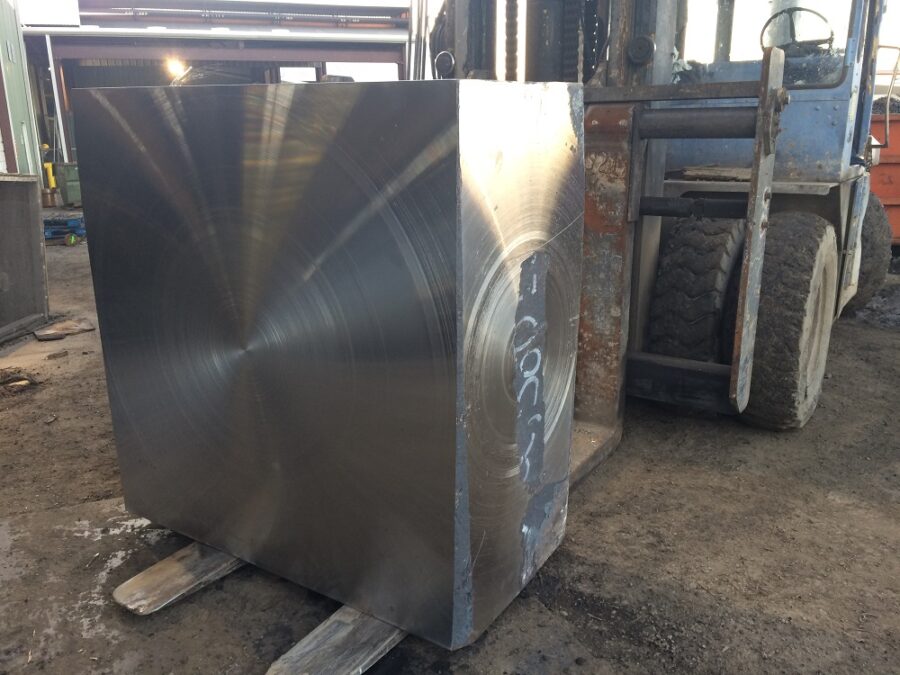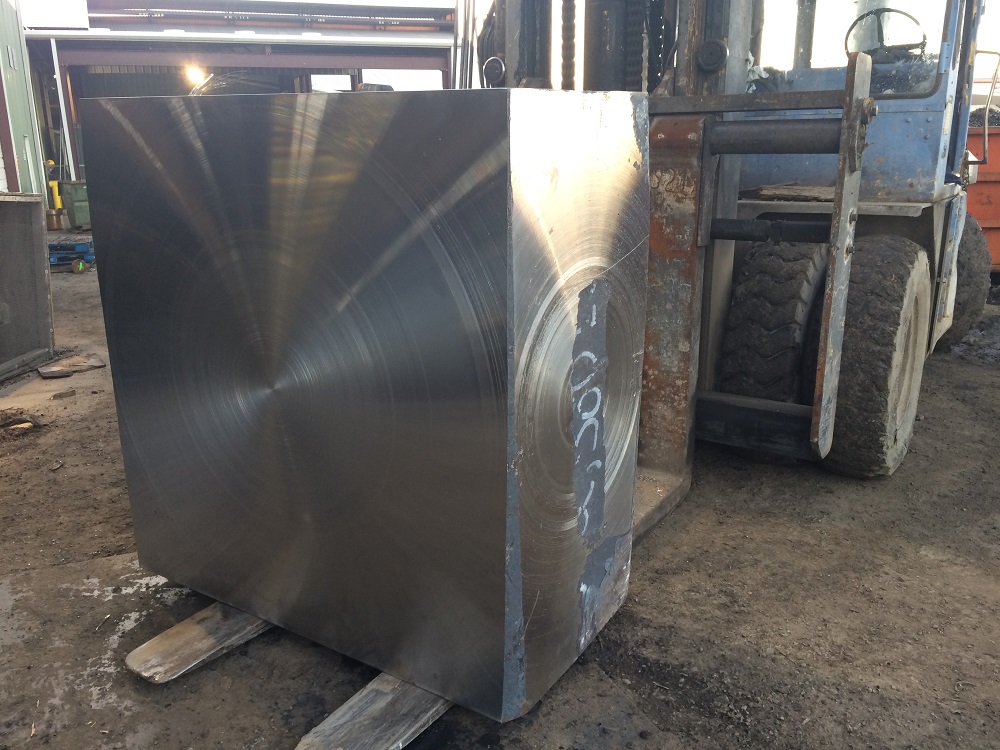
What Is Industrial Block Forging?
Block forging can be broken down into two different types: open die block forging and closed die block forging. This type of forging is frequently called drop forging because the metal block is shaped by raising and then dropping a hammer onto the heated block of metal to shape it. Block forging is a process commonly used within a forged components manufacturer.

Open Die Block Forging
The oldest and most prominent type of block forging is known as open-die drop forging or smith forging. Basically, this is where a block of steel is super-heated and then hammered on a stationary anvil. The reason this type of forging is called open-die is because the surfaces that touch the block being worked do not completely surround it as it is being worked. This allows the block shape to flow into the areas that are not touching the sides of the die. For this reason, the person performing the forging process needs to reposition the block frequently so the that the block is hammered into the desired shape. The dies used for most open die block forgings are flat, although some dies are rounded or curved, and still other shapes may be used for specific situations.
The open die block forging can shape blocks of metal into many different shapes. These shapes include discs, cylinders, hex-shapes, flat shapes, and many others. The type of shapes that can be made are limited only by the shape of the open die used for the forging process. Open die forging also can be used to prepare the metal for future work by molding it into the rough shape needed for future forging processes. Open die forging also is used to increase the strength of the metal by orienting the grain properly.
Closed Die Block Forging
Closed die block forging, also known as impression die forging. Places a block of metal into a mold-like metal die which completely surrounds the block. This die is attached to an anvil and then the hot metal is hammered in quick, repeated strikes, causing the metal flow into the die and assume the shape of it. Once you have the desired shape, most blocks will be reworked into other similar (and possibly more complex) shapes, to fine-tune the design. A block subjected to closed die block forging may undergo this treatment several times before it reaches its final shape–with each die shape being a bit more complex than the previous shape.
FCI’s Block Forging Capabilities Make Us the Premier Forged Components Manufacturer
FCI offers in-house forging, heat treating, machining and NDE services. Our facilities are equipped with 350-ton, 1,750 ton, 2,000- and 3,000-ton open die hydraulic forge presses and a 14,000-pound hammer. FCI manufactures primarily open die forgings of any shape weighing from 5 to 55,000 pounds. Forged Components is the premier provider of large diameter industrial forged flanges and ASME pressure vessel connections for the oil & gas, and petrochemical industries. For more information, call us at (281) 441-4088 or contact us online to get a quote today.
